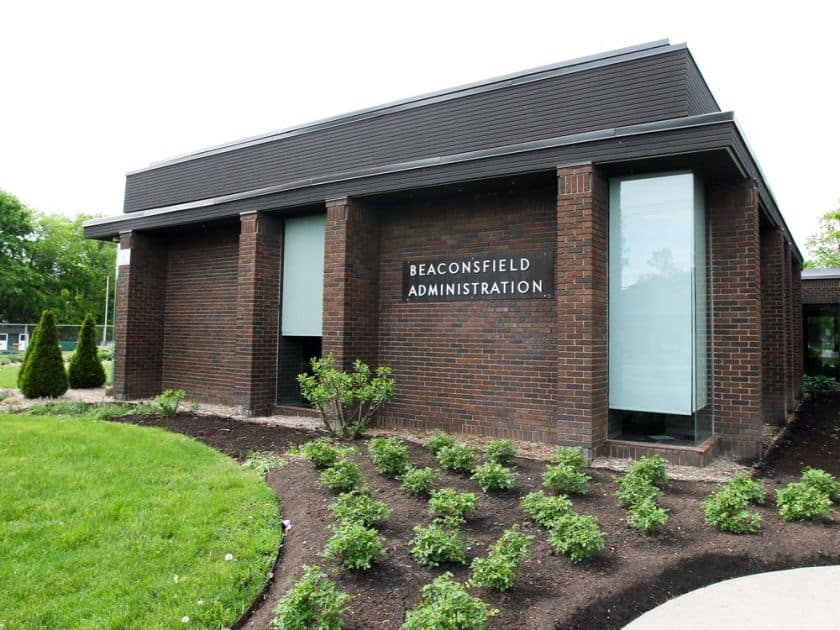
The city of Beaconsfield is one of nine communities across Canada selected to participate in the development of the Smart Energy Communities Scorecard.
‘Smart Energy’ communities improve energy efficiency, limit energy consumption costs, enhance energy reliability and reduce greenhouse gas emissions, said Andrew Duffield, Director of Sustainable Development for Beaconsfield.
“The initiative is brought about by QUEST, which is a non-profit organization. And they are responsible for assigning the Smart Energy city designation or recognition as part of their mandate,” said Duffield.
“In brief, QUEST is an association that works to accelerate the adoption of efficient integrated community scale energy systems by informing aspiring decision makers. So they liaise with different groups, not just cities, but also with power utilities and corporate entities so they can come up with a frame-work that will serve as a benchmark for cities becoming a ‘Smart Energy’ community
At the end of the pilot project, Beaconsfield will receive a Scorecard Report on its ongoing community energy planning efforts.
“Beaconsfield is the only city in Quebec to make the short list for the QUEST pilot project,” said Beaconsfield Mayor Georges Bourelle.
“We are proud to collaborate with innovative communities across Canada, which will serve to motivate our residents to join us in the efforts to become a more sustainable, self-sufficient, and resilient community in the face of climate change.”
The Scorecard, based on 12 technical and policy principles to improve energy efficiency, integrate conventional energy networks and land use, is a tool that will help benchmark and evaluate the progress of Smart Energy Communities in Canada, Duffield said.
“Once it is tested and refined, it will then be made available free of change to all communities across Canada to serve into cities becoming more energy-efficient,” he said.
“Specifically, for Beaconsfield, the city was largely built in the 1950s. From a residential standpoint, the homes are largely heated through forced air and driven by an oil-based system. Some of those residences have converted to electricity and natural gas. Some of heat pumps.
“But there is still a significant portion of the community that heats with only oil-based furnace. Oil, as opposed to natural gas and electricity, has the greatest potential to add to greenhouse gas reductions. It is also expensive.”
Duffield said there are “different systems that can retro-fitted at quite a low cost that provide a very short payback, where it greatly diminishes up to 80 per cent the uses of heating oil.”
